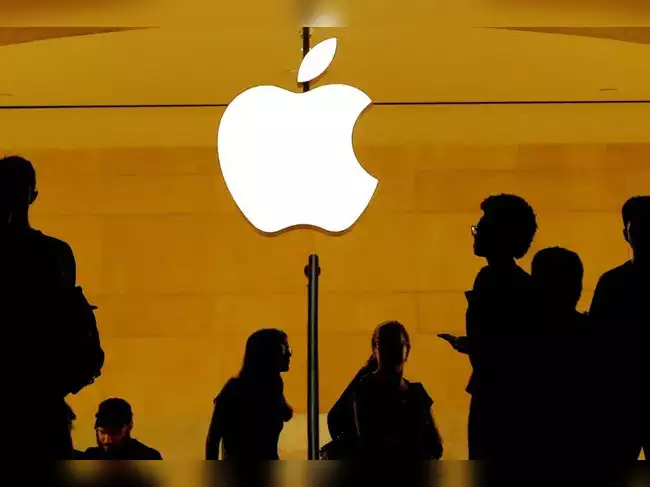Apple is currently engaged in a legal battle with the UK government over a demand for access to encrypted user data. The core of the dispute revolves around a "technical capability notice" (TCN) issued by the UK Home Office, compelling Apple to create a "back door" into its iCloud services. This back door would allow UK authorities to access encrypted data, including messages and photos, stored on iCloud, potentially affecting users globally, not just those within the UK.
Apple has strongly resisted this demand, arguing that creating such a back door would compromise user privacy and set a dangerous precedent. The company maintains that any vulnerability introduced for government access could be exploited by malicious actors, thus weakening security for all users. Apple has a long history of defending user privacy, even against government requests, and has stated unequivocally that it will "never build a backdoor or master key" to its products or services.
The UK government, on the other hand, contends that access to encrypted data is crucial for national security, counter-terrorism efforts, and investigating serious crimes like child sexual abuse. They argue that investigatory powers are subject to robust safeguards, including judicial authorization and oversight, to protect people's privacy. The Home Office insists that these powers are solely about preventing serious crime and pursuing criminals, and do not affect the commitment to free speech.
The legal challenge is being heard by the Investigatory Powers Tribunal (IPT), the only UK court that can hear certain national security cases. The IPT has already rejected a request from the Home Office to keep the details of the case, including Apple's involvement, confidential, underscoring a commitment to transparency in such matters. The government had argued that revealing these details could damage national security, but the judges disagreed, stating that publicizing the bare details would not harm the public interest.
In response to the UK's demands, Apple has already taken steps to protect user data. It removed its Advanced Data Protection (ADP) feature for new users in the UK. ADP provides end-to-end encryption for iCloud data, ensuring that only the user can access the information, not even Apple. By disabling ADP, Apple has signaled its unwillingness to compromise its security standards, even if it means limiting features for UK users.
The situation has drawn international attention and criticism. Concerns have been raised about the potential for overreach and infringement on civil liberties. The US government is reportedly investigating whether the UK's demand violates the CLOUD Act, which prevents the UK from requesting data from US citizens.
The outcome of this legal battle could have far-reaching implications for data privacy, national security, and the relationship between technology companies and governments. It highlights the ongoing tension between the need for law enforcement to access information for security purposes and the fundamental right to privacy and data protection. The court's decision will likely set a precedent for how governments can access encrypted data and the extent to which tech companies must comply with such requests.

















